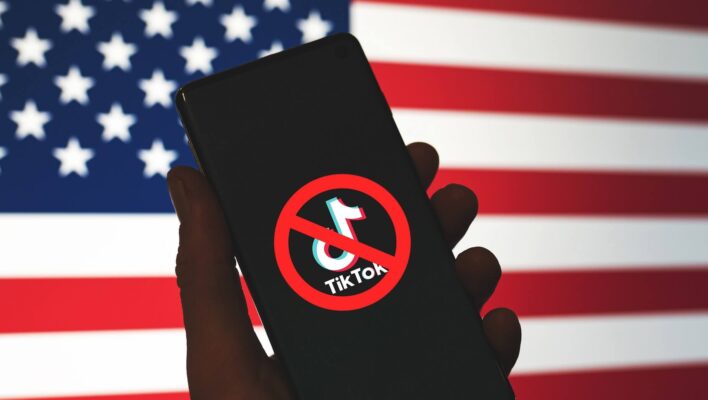
You’ve likely heard about the “TikTok ban,” whether or not you use the app. President Biden signed the law on Wednesday after an unusual effort from both sides of Congress.
A brief history on Tiktok
TikTok didn’t always go by that name. It originally started as Musical.ly, a platform for sharing short lip-syncing videos, back in 2014. In 2018, ByteDance acquired Musical.ly and rebranded it as TikTok, which quickly gained massive popularity worldwide, especially in the U.S. ByteDance reported an astonishing 1,239.29 percent increase in users from 2018 to 2023, skyrocketing from 11.2 million to over 150 million users. What began as a platform for young adults to share lip-sync videos with friends rapidly evolved into a global entertainment phenomenon.
Prior to TikTok, ByteDance had developed Douyin, a similar video app exclusively available in China. Douyin operates much like TikTok, featuring vertical videos delivered to users through an addictive algorithm. Although TikTok has gained widespread popularity globally, Douyin remains ByteDance’s primary revenue source, accounting for about 80 percent of the company’s $54 billion earnings in the first half of last year, while TikTok contributed the remaining 20 percent.
What makes TikTok a risk to security?
The U.S. government is focusing due to concerns about its potential manipulation of American user data. ByteDance, a Chinese-based company, must comply with China’s corporate laws, including the 2017 National Intelligence Law, which requires companies to share data with the Chinese government. This raises concerns about the potential manipulation of content by the app, which collects vast amounts of data, including names, addresses, and IP addresses. The Chinese government’s strict content guidelines for children and teenagers also raise concerns about TikTok’s potential influence on American users.
The processes of the ban
Since 2019, U.S. government officials have been concerned about TikTok as a national security threat. In 2020, the Trump administration gave ByteDance two options: sell TikTok to an American company or see the app banned in the U.S. Oracle was chosen as the chosen partner, but no sale occurred. In 2022, TikTok started passing all U.S. user data through Oracle servers, but by 2023, it was discovered that some U.S. user data is stored in China. 39 states followed the Biden administration’s lead in banning TikTok from government devices. The House of Representatives started cracking down on TikTok, and CEO Shou Zi Chew posted a plea on the platform, causing lawmakers to panic. The House of Representatives passed a bill forcing ByteDance to divest its stake in the app to an American-based company, tied to a $95 billion aid package for Ukraine, Israel, and Gaza. The Senate also passed the bill in a bipartisan agreement.
Is TikTok leaving forever ?
The fate of the app is uncertain, as it will remain in play until January 2025. The House’s original bill required ByteDance to sell or be banned within six months, but the Senate extended the timeline to nine months. President Biden has the option to extend it by 90 days if ByteDance is working on selling. It may not have to leave the U.S. if ByteDance sells to an American company, with potential bids from former Treasury Secretary Steve Mnuchin, Activision CEO Bobby Kotick, and investor Kevin O’Leary.
Read Also: Starlink ‘s Satellite Broadband Application Approved by NCA



